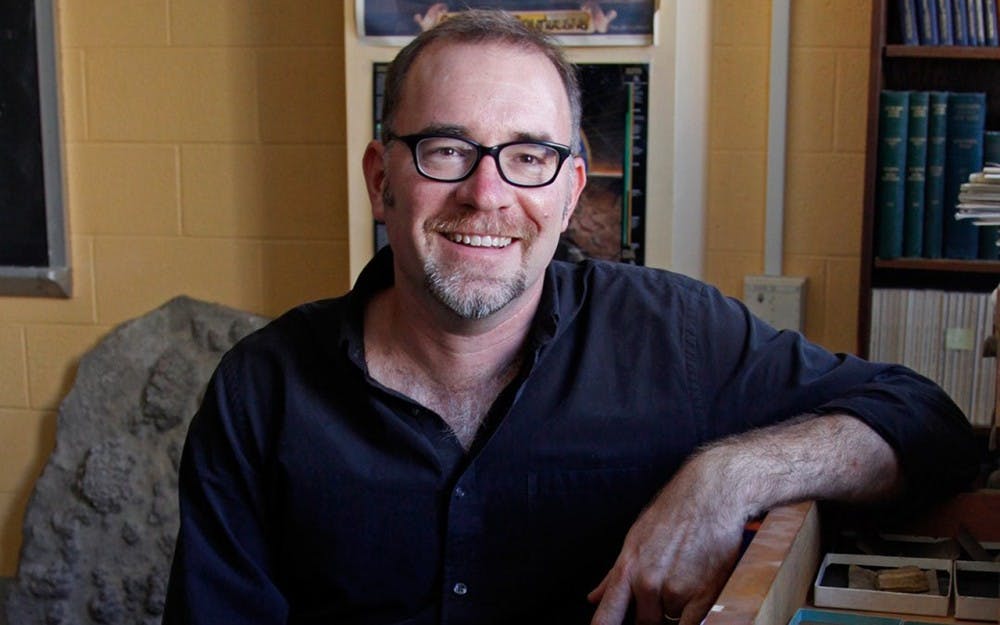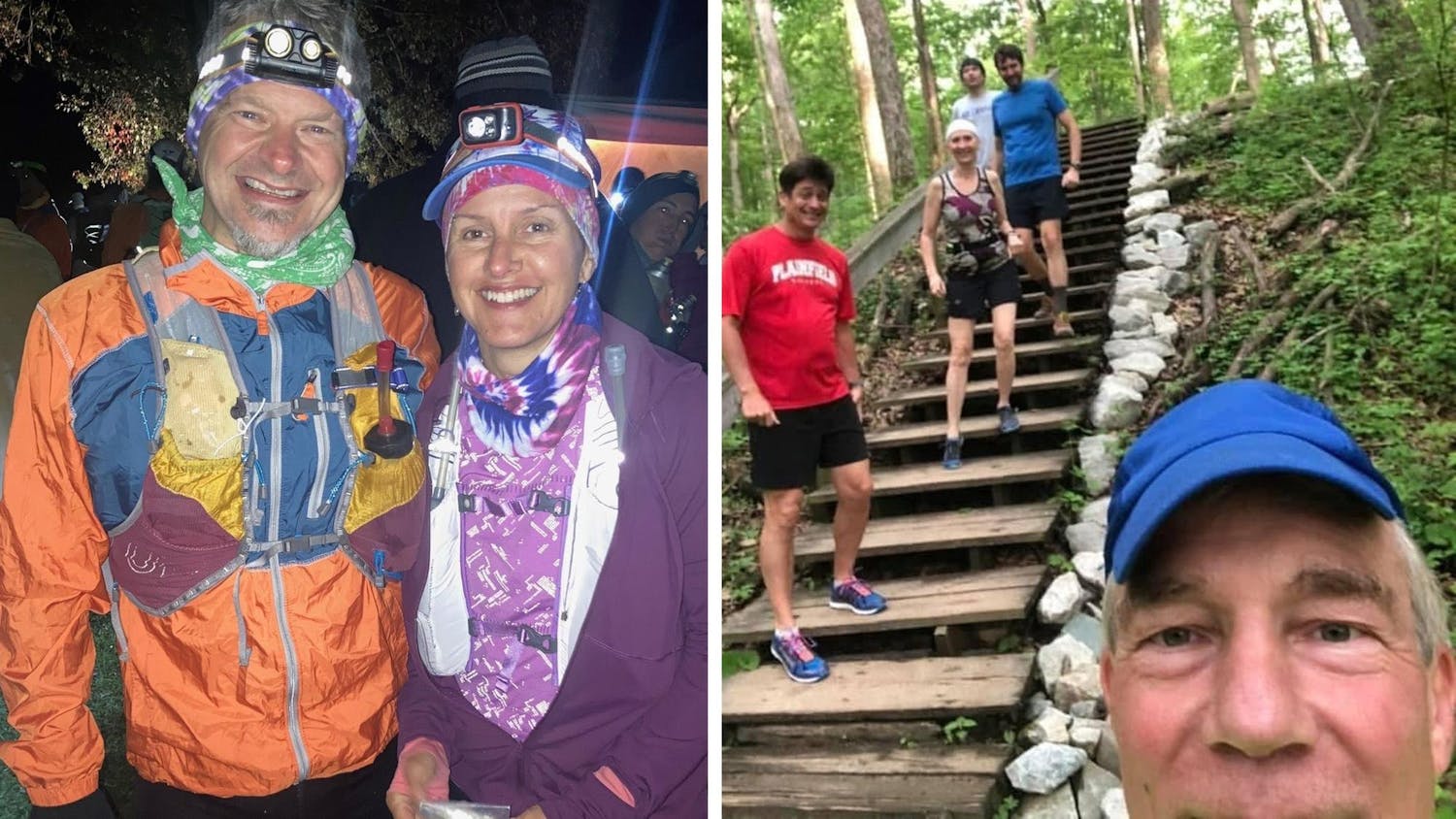An IU paleontologist and his co-authors published a paper Friday that concluded scientists and policymakers should use knowledge from the past to develop a new system for protecting ecosystems in a time of accelerating global change.
The article, which was published in the journal Science, states the need for combining conservation biology with evidence from paleobiology — the study of the fossil record of the history of life — and the Earth sciences, according to an IU press release.
David Polly, professor of geological sciences in the College of Arts and Sciences, is one of the authors of the article.
Polly was one of 41 co-authors. He organized a workshop that inspired the work and was part of a small writing group that produced the text. The article is named "Merging paleobiology with conservation biology to guide the future of terrestrial ecosystems," and is available online.
"It's a way of working with ecosystems that we know we’re going to lose," Polly said in the release. "Instead of trying to maintain them in past optimal states, we would try to maintain productivity in the face of change."
The article said factors such as climate change, resource overconsumption and pollution are reaching a point where it is unrealistic to focus only on protecting ecosystems from change. Instead, it states there needs to be a new approach that factors in the ability of ecosystems to adapt to changing conditions.
During the past 50 years environmental change has increased dramatically, according to the article. The authors say it is overwhelming to many ecosystems that have existed for millennia.
For the first time since 15 million years ago, atmospheric carbon dioxide levels have reached a level more than 400 parts per million. Scientists say at this level some damage and effects of climate change are irreversible.
Also, by 2050, the human population is expected to grow by 3 billion, the article claims.
It states in light of these factors and the current state of the world in regards to industry and climate it is impossible not to alter the ecosystem.
The article recommends a focus on maintaining functional integrity, or the ability for an ecosystem to withstand changes caused by human beings to the point where it can avoid losing its central purpose. The article says this is more realistic than trying to protect a specific species or habitat.
The article said the idea of trade-offs between conservation and maximizing biodiversity, preserving wilderness and maintaining ecosystem services, such as food production, human enjoyment of nature, fresh air and clean water, is going to be increasingly common.
However, the article said making these decisions requires a better understanding of environmental change over time, why certain species survive more than others, how climate change affects plant and animal populations and when an ecosystem reaches what's called a "tipping point."
The article says that's when paleontologists are needed.
Polly said in the release that paleontologists contribute to the understanding because they study environmental change in the past. Conservation biologists study climate change as it is affected the world today.
"This provides a different framework of thinking about ecosystem change," he said in the release. "In paleontology, there's no such thing as a baseline. Instead, we have a record of change on many scales."
Cody Thompson






